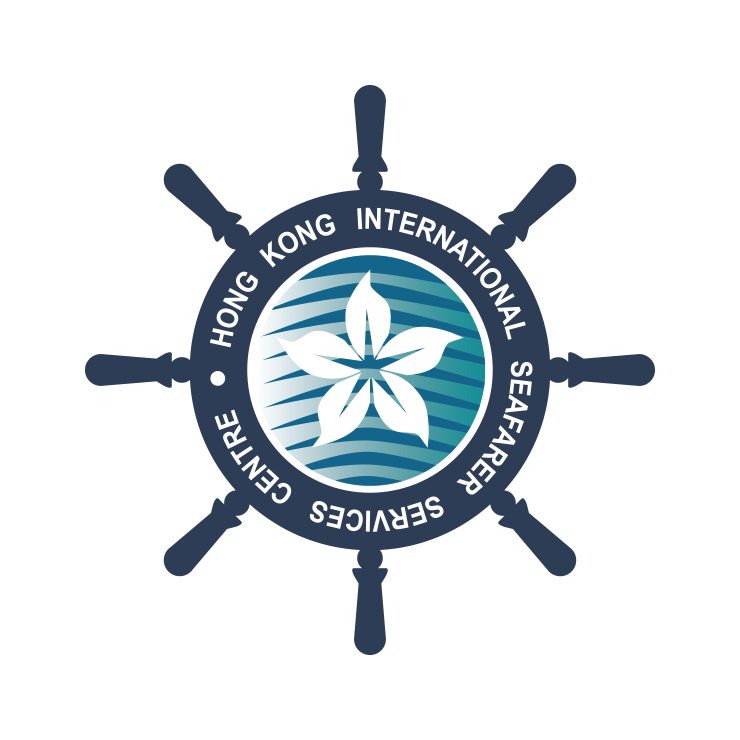多个联合国机构再次呼吁各方合作支援海员
UN agencies renew call to collaboratively support seafarers

四个联合国机构发表联合声明,敦促利益相关者共同合作,以防疫情持续对海员造成过度困扰。
Four United Nations agencies have issued a joint statement urging stakeholders to collaborate to prevent undue hardship to seafarers during the ongoing COVID-19 pandemic.
国际劳工组织 (ILO)、国际海事组织 (IMO)、联合国贸易和发展会议 (UNCTAD) 和世界卫生组织 (WHO) 发表联合声明,要求利益相关者采取行动,支持全球 190 万名海员不会受到持续的新冠疫情和相关限制的过度影响。
The International Labour Organization (ILO), International Maritime Organization (IMO), United Nations Conference on Trade and Development (UNCTAD) and the World Health Organization (WHO) have issued a joint statement asking stakeholders to take action to support the world’s 1.9 million seafarers from being unduly impacted by the ongoing COVID-19 pandemic and associated restrictions.
该声明是在Omicron成为「受关注新冠变种病毒」(VOC)之后发布,Omicron爆发的疫情再次导致许多国家关闭边境、减少船员流动、需要额外的疫苗接种和批核文书工作,并且在许多情况下,拒绝海员获得适当的医疗服务。联合国机构警告说,这些措施的影响不仅会导致海员(其中许多来自发展中国家)受到漠大困难,还会造成供应链中断,影响全球人口。
The statement comes in the wake of the Omicron COVID-19 variant of concern (VOC), which has, once again, caused many countries to close their borders, curtail crew movements, require additional vaccinations and approved paperwork, and, in many cases, deny seafarers access to appropriate medical care. The UN agencies warn that the impact of these actions would not only cause seafarers (many of whom are from developing countries) undue hardship but could also create supply chain disruptions that would affect the global population.
声明指「Omicron变种病毒和相关应对措施对船员换班的全面影响尚未清晰,而日后可能会出现更多 VOC。」
“The full impact of the Omicron variant and related response measures on crew changes is not yet clear and further VOCs may yet emerge,” the statement says.
联合国机构呼吁采取共同和积极的行动,来应对国际航运及其关键工人面对的不断挑战,减少对海员及其家人、以及全球贸易、供应链和可持续发展的不利影响,同时继续保护本土社区。
The United Nations agencies call for common and proactive approaches to address evolving challenges to international shipping and its key workers, minimize adverse impacts on seafarers and their families, as well as on global trade, supply chains and sustainable development, while continuing to protect local communities.
呼吁行动
Calls to action
这些机构重申10项可采取的行动,总结如下:
The agencies reiterated 10 actions that can be taken, summarized below:
1. 确保海员在需要时能够获得医疗服务和紧急运送就医。
1. Ensuring seafarers can access medical care and medical evacuation if needed.
2. 授予海员「关键工人」地位,消除船员换班和安全跨境行动的障碍,并删除以此为目的的认可相关文件。
2. Granting seafarers “key worker” designation, removing barriers to crew change and safe movement across borders, and recognizing relevant documentation for this purpose.
3. 根据世卫组织的建议,在各国新冠疫苗接种计划中优先考虑为海员接种疫苗,并免除以疫苗接种证明作为他们入境的唯一强制性条件。
3. Prioritizing seafarer vaccination in national COVID-19 vaccination programmes and exempting them proof of vaccination as the only mandatory condition for entry, in accordance with WHO recommendations.
4. 提供新冠病毒测试和适当的个人防护装备。
4. Providing access to COVID-19 tests and appropriate PPE.
5. 确保一致应用国际间同意的工作协议和标准,避免任何惩罚措施、罚款或过高成本。
5. Ensuring consistent application of internationally agreed protocols and standards and avoiding punitive measures, fines and excessive costs.
6. 通过最新的国际法律文书,包括 2006 年《海事劳工公约》和 2003 年《海员身份证件公约》(修订本)修正版(第 185 号),并确保有效实施。
6. Adopting the latest legal instruments, including the MLC, 2006 and the Seafarers’ Identity Documents Convention (Revised), 2003, as amended (No. 185), and ensure their implementation.
7. 实施世卫组织针对货船和渔船新冠疫情管理的特订指南。
7. Implementing WHO sector-specific guidance for the management of COVID-19 on board cargo ships and fishing vessels.
8. 向相关可信任的组织提供与健康证明有关的关键证书,例如与国际旅行相关的国际民航组织(ICAO)。
8. Provision of public key certificates associated with any health proof to relevant trust networks, such as ICAO for international travel.
9. 根据海上医疗紧急情况的发展和最新科学研究,定期更新相关指南和机制。
9. Regularly updating relevant guidance and mechanisms in line with developments and evolving scientific insights on medical emergencies at sea.
10. 努力确保海员安全,减低供应链中断机会,并防止新兴VOC疫情不受控地扩散,否则可能延长疫情及其广泛影响社会经济的后果。
10. Working to keep seafarers safe, limiting disruption to supply chains, and preventing the unchecked spread of emerging VOCs, which could prolong the pandemic and its wide-ranging socioeconomic consequences.
Resource: https://www.imo.org/en/MediaCentre/PressBriefings/pages/UNJointStatementFeb2022.aspx

